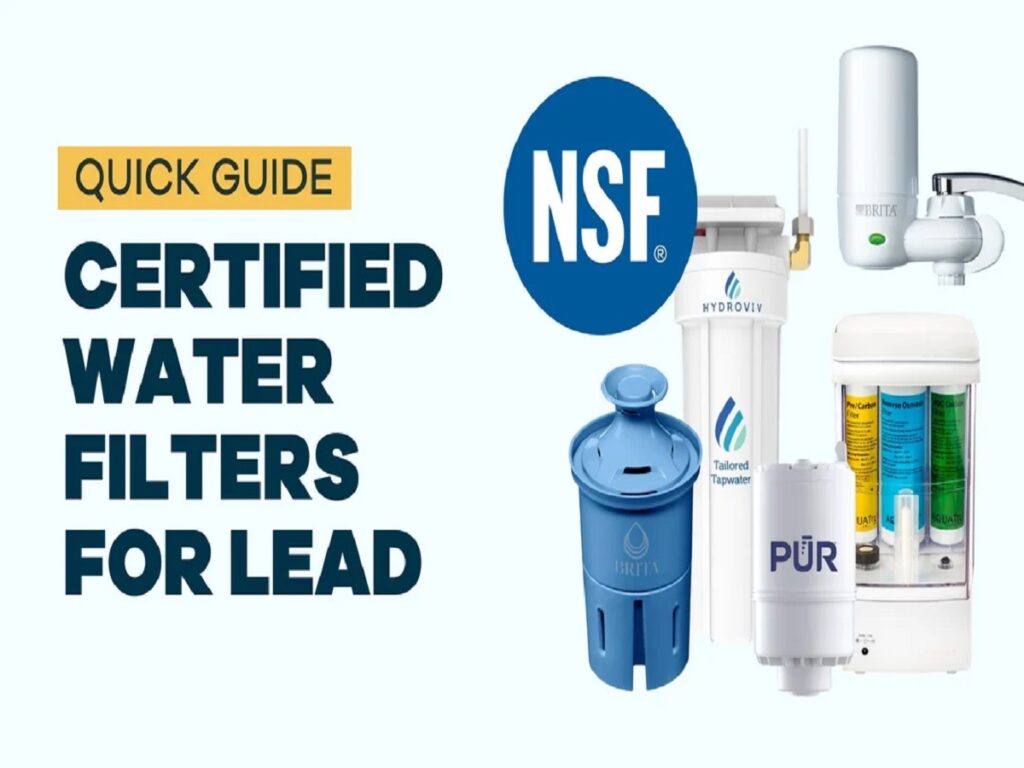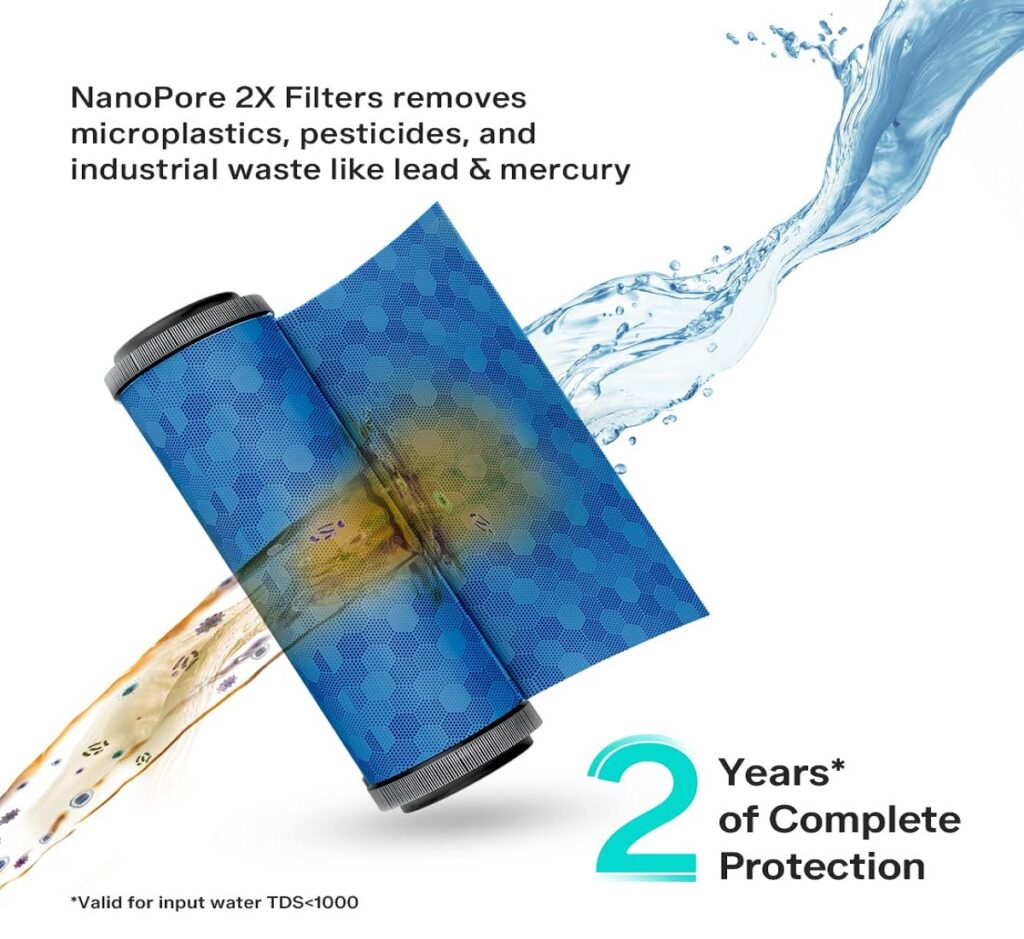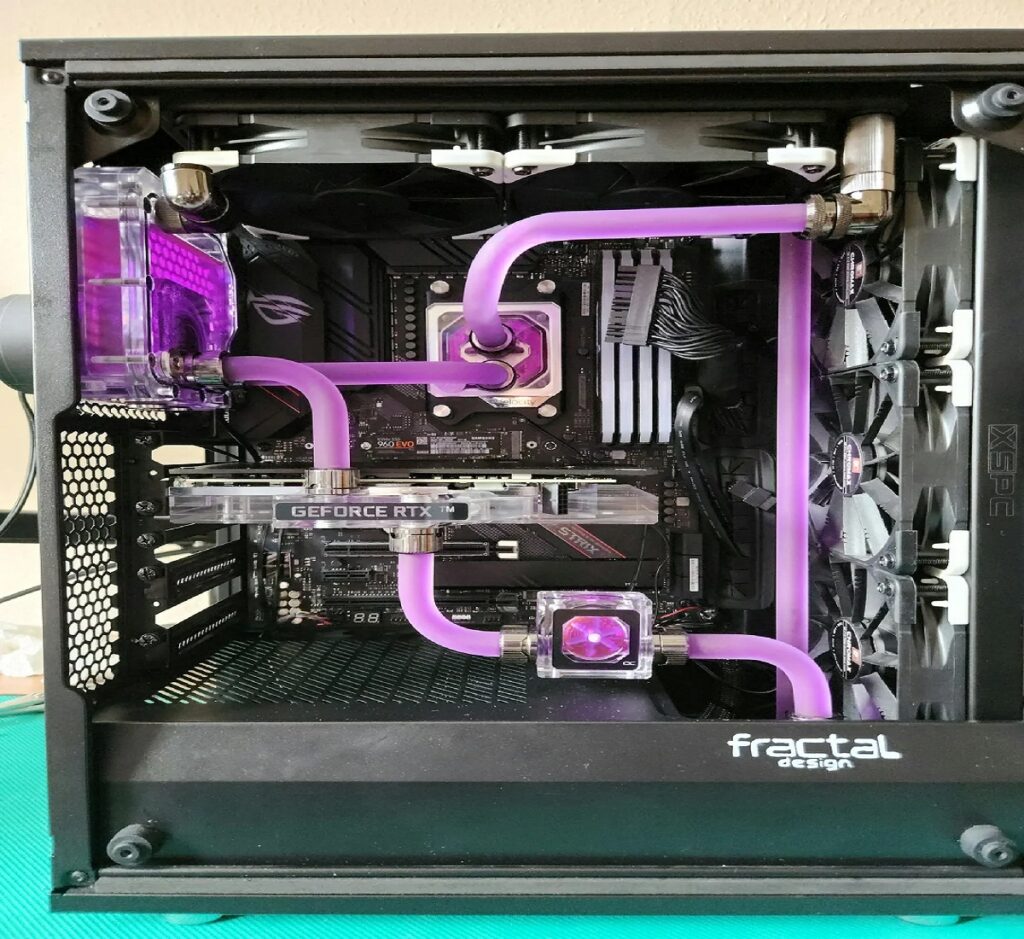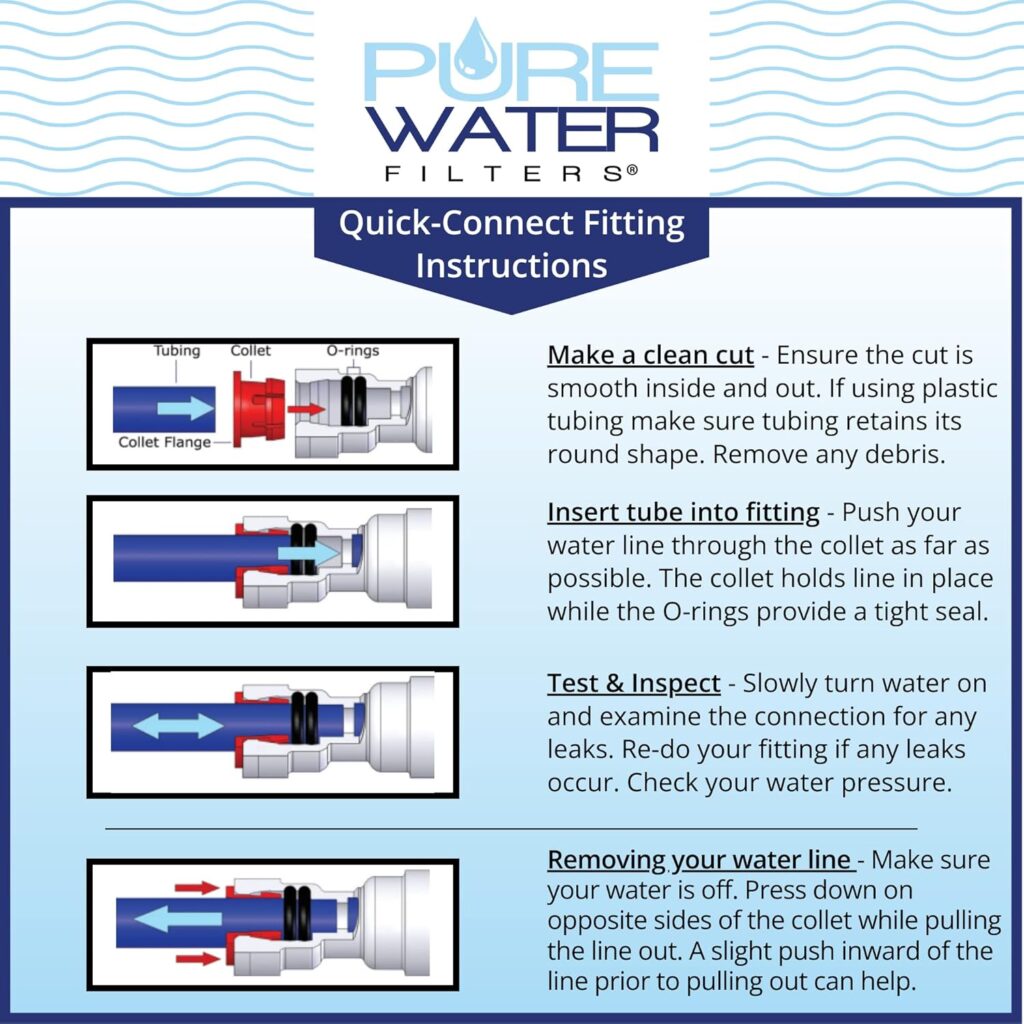Clean drinking water is vital for health, and a reliable water filter can make a noticeable difference. With countless options available, selecting the right one can feel overwhelming. From simple pitcher filters to advanced under-sink systems, understanding the types, effectiveness, maintenance, and cost of filters is crucial. This guide explores ten essential considerations before making a purchase, helping you choose a system that ensures safe, fresh, and great-tasting water while fitting your lifestyle and budget.
Types of Water Filters
Water filters come in various forms, each suited to different needs. Pitcher filters are affordable and portable, perfect for small households but limited in capacity. Faucet-mounted filters attach directly to taps for convenience but may slow water flow. Countertop filters offer larger capacity and ease of use without complex installation. Under-sink systems deliver highly purified water for multiple points but require plumbing knowledge. Whole-house filters treat all incoming water, ideal for health-conscious households. Knowing the type needed ensures both usability and water quality.
Contaminants Filtered
Different filters target different impurities. Carbon filters reduce chlorine, sediment, and odors, improving taste. Reverse osmosis systems remove heavy metals, fluoride, and other chemicals. UV filters kill bacteria and viruses but do not remove sediments. Some filters combine technologies for broader protection. Testing local water quality helps identify which contaminants matter most. Choosing the right filter ensures it effectively removes dangerous substances rather than just improving taste, making it a meaningful investment for both health and daily water use.
Filtration Efficiency and Certification

Water filters should meet recognized standards, such as NSF/ANSI certifications. These tests confirm performance for contaminant reduction, material safety, and structural integrity. Without certification, claims on packaging may be exaggerated. Efficiency varies depending on water type, usage, and filter design. Checking independent certification ensures the filter delivers what it promises. This helps prevent exposure to harmful substances while giving confidence that your investment guarantees safer water, meeting both health standards and household expectations for consistent quality.
Filter Lifespan

Filter lifespan depends on type, capacity, and usage. Pitcher filters may last 2-4 weeks, while under-sink cartridges often last 3-6 months. Reverse osmosis membranes can last up to 2-3 years if maintained. Exceeding recommended use reduces efficiency and allows contaminants to pass through. Monitoring usage and replacing filters as instructed ensures clean water consistently. Many modern filters include indicators or reminders to simplify maintenance. Understanding lifespan helps budget for replacements and ensures your water quality is never compromised over time.
Water Flow Rate

Water flow varies by filter type. Pitchers and faucet-mounted filters provide quick access but may have limited capacity. Reverse osmosis and multi-stage under-sink systems produce water more slowly due to thorough purification processes. Slow flow may be inconvenient for households needing frequent access. Balancing purification efficiency with practical flow is crucial for convenience. Considering daily water usage and the number of users ensures you select a filter that supports your routine, delivering both safety and usability without unnecessary delays.
Installation Requirements

Filters differ in installation complexity. Pitcher and countertop systems require no plumbing and are ready to use. Faucet-mounted models attach with simple adapters but may need adjustments to prevent leaks. Under-sink or whole-house systems often require professional installation and plumbing skills. Installation affects long-term usability, safety, and maintenance convenience. Understanding requirements beforehand prevents unexpected costs or improper setup. Choosing a system compatible with your skills and home setup ensures reliable performance, safe operation, and easier maintenance throughout its service life.
Cost and Long-Term Expenses
Initial cost varies widely from under $20 for basic pitchers to hundreds for under-sink or whole-house systems. Replacement filters, installation fees, and occasional repairs contribute to long-term expense. Reverse osmosis units often have higher ongoing costs due to specialized membranes and cartridges. Calculating lifetime cost ensures affordability without sacrificing quality. Selecting a filter that balances price with durability and efficiency prevents overspending. Considering both upfront and recurring expenses guarantees a solution that fits your budget while providing consistent, safe drinking water.
Taste and Odor Improvement
Taste and odor improvement is a major factor in water filter choice. Chlorine and chemical residues affect tap water flavor, while sediment causes cloudiness. Carbon-based filters effectively reduce these issues, providing fresh-tasting water. Reverse osmosis units remove broader contaminants, producing very clean water. Testing filtered water for taste before purchasing can reveal effectiveness. A pleasant taste encourages adequate hydration, while poor flavor discourages drinking. Choosing a filter that improves both safety and taste ensures water is enjoyable and motivates healthy daily consumption.
Maintenance and Cleaning
Regular maintenance is essential for optimal performance. Filters accumulate sediments, minerals, and bacteria over time. Pitchers need cartridge replacement, faucet systems require occasional cleaning, and under-sink units may need flushing or membrane changes. Neglecting maintenance reduces efficiency and can allow contaminants to pass through. Clear instructions, accessible replacement parts, and manageable upkeep are vital for long-term reliability. Understanding maintenance needs ensures your system remains effective, safe, and convenient, keeping your drinking water consistently clean and preventing costly repairs or replacements.
Warranty and Customer Support

Warranty and support protect your investment. Reputable manufacturers offer multi-year warranties covering defects, replacement parts, and performance issues. Access to customer service through phone, chat, or email helps troubleshoot installation or filtration problems. Some filters include satisfaction guarantees or extended coverage for replacement cartridges. Choosing a system with reliable support ensures peace of mind and long-term usability. It also protects against faulty components or poor performance, allowing you to enjoy safe, high-quality water without stress or unexpected costs throughout the product’s lifespan.
Comments